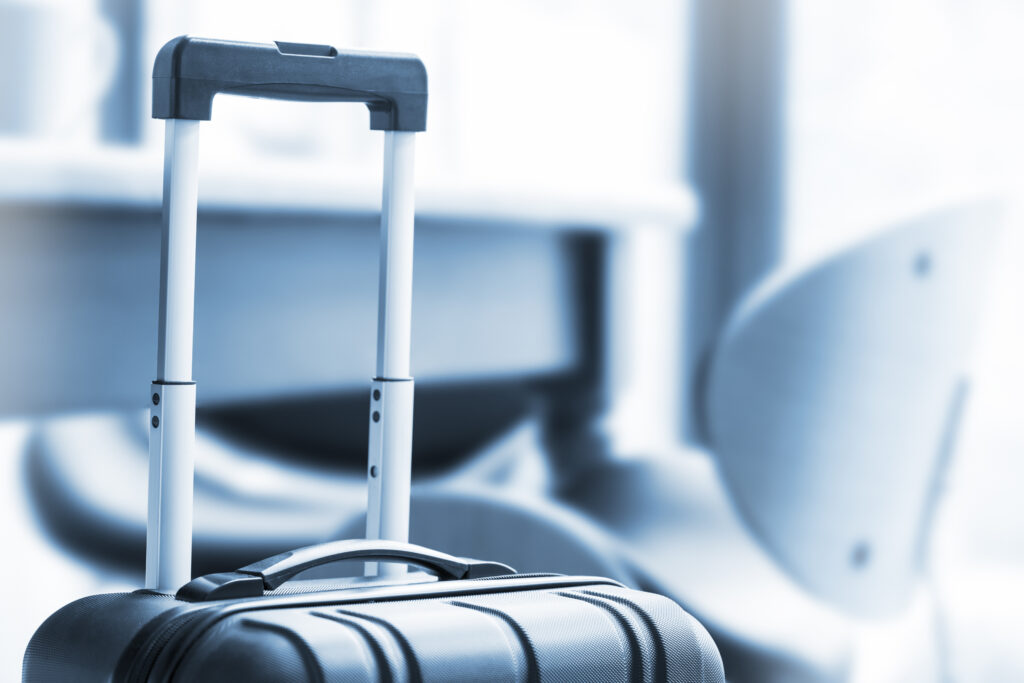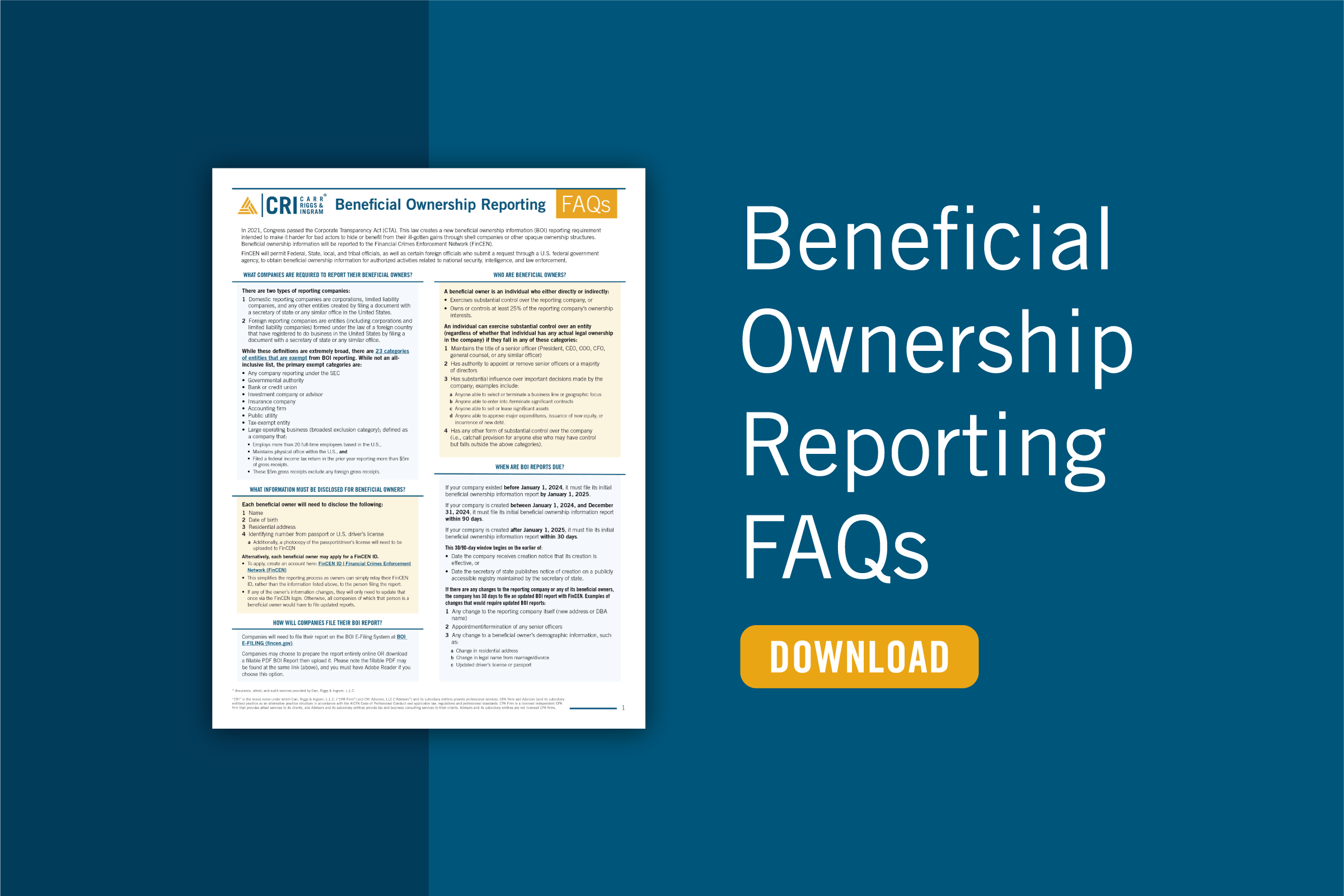Year-End Strategies for Business Travel Deductions
- Contributor
- Kris Hoffman
Nov 7, 2024
As business travel continues to surge post-pandemic, understanding the complexities of travel expense deductions has become crucial for business owners, executives, and employees alike. With year-end accounting planning underway, maximizing these deductions can significantly impact your bottom line. The rules governing business travel deductions cover a wide range of requirements—from eligible expenses and documentation standards to “tax home” considerations—each with its own specific guidelines. A solid grasp of these rules ensures compliance and helps unlock substantial savings for your business.
Who Qualifies for Travel Deductions?
Determining eligibility for business travel deductions depends on your role—whether you’re self-employed, an employee, or an employer. Each category has specific guidelines and requirements to ensure that travel expenses are handled in the most tax-efficient way possible.
- Self-Employed Individuals: For self-employed individuals, you can deduct business travel expenses on Schedule C.
- Employees: Due to the Tax Cuts and Jobs Act (TCJA), employees can’t currently deduct unreimbursed business expenses, including travel, through 2025. However, if your employer reimburses these expenses under an “accountable plan,” they’re deductible by the business without being added to the employee’s income.
- Businesses: Employers can deduct travel expenses that are directly paid or reimbursed. Reimbursements must comply with accountable plan rules to be tax-free to employees.
The “Tax Home” Rule
To qualify for business travel deductions, the travel must be “away from home,” meaning away from your primary place of business—not necessarily where you live. Travel qualifies if you’re working away for longer than a typical workday and require sleep or rest to fulfill work duties.
Deductible Business Travel Expenses
Once the necessary requirements are met, a range of ordinary and essential business travel expenses can be deducted to support effective business operations. These deductible expenses include:
- Transportation: Airfare, train, bus, or car rental to your business destination, plus baggage fees.
- Vehicle Costs: Costs for a personal or company vehicle (either actual costs or the IRS standard mileage rate for 2024 at 67 cents per mile), as well as tolls and parking fees.
- Local Transport: Taxis or rideshares between the airport and hotel, as well as between the hotel and work locations.
- Lodging: Hotel or similar accommodations at the business destination.
- Meals: Generally, 50% of the cost of business meals is deductible.
Additionally, tips related to these expenses are typically deductible as well.
Simplified Recordkeeping
For travel expense deductions to be valid, they must be well-documented. Receipts, canceled checks, or detailed records are needed to substantiate each expense, though expenses under $75 (with the exception of lodging) don’t require receipts. Businesses and self-employed individuals can use the per-diem method for meals and incidental expenses (M&IE) to simplify tracking and the high-low substantiation method for general business travel locations to further reduce paperwork.
Need Help Navigating the Details?
Travel expense deductions can be confusing, with various rules and special considerations for international travel, family travel, and mixed-purpose trips. But don’t worry—our team is ready to help you navigate these complexities to maximize your deductions and reduce your tax burden. For personalized guidance on the tax treatment of business travel expenses, contact your CRI advisor today! We’re here to provide the insights and support you need for confident, strategic planning during year-end planning and all year round.


















































































































































































































































































































































































































































































